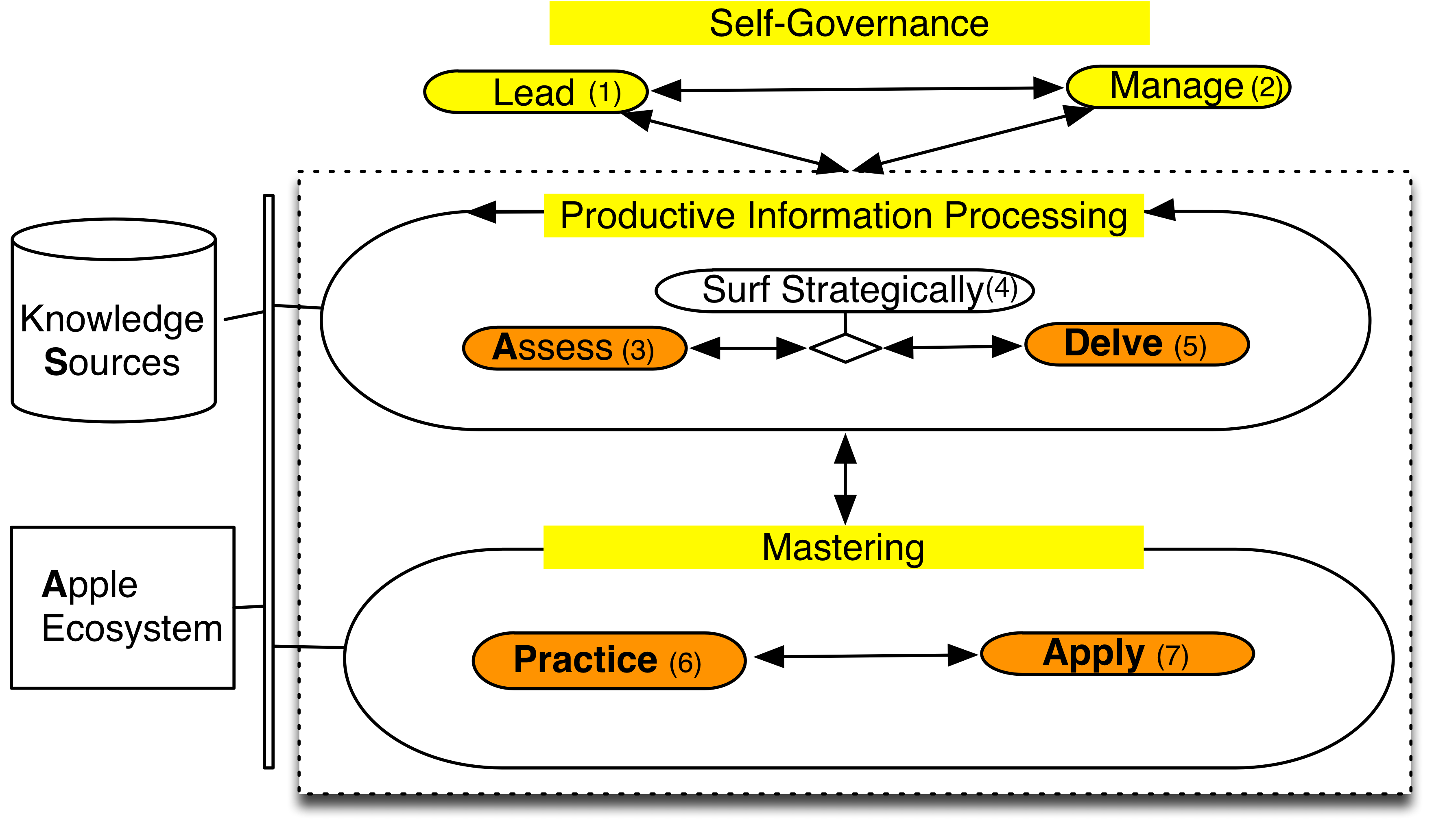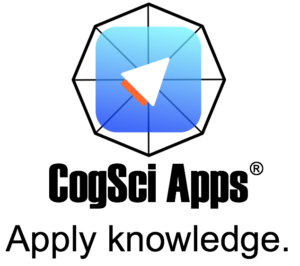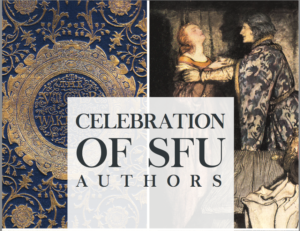On Monday, June 18, the complete version of Cognitive Productivity with macOS®: 7 Principles for Getting Smarter with Knowledge will be launched.
Cognitive Productivity books can be read as pro-active responses to the “post-truth” era. More generally, however, they are meant to deal with the fact that we are still in pre-meta-effectiveness times. “Meta-effectiveness” refers to the abilities and dispositions to use knowledge to become more effective, meaning better at understanding, solving problems, building products (including new knowledge) and living according to our values. Respect for truth is a subset of meta-effectiveness. One can have respect for truth and yet not use knowledge optimally.

Continue reading A Book for Our “Post-truth”, “Pre-meta-effectiveness”, Times Launches on June 18


